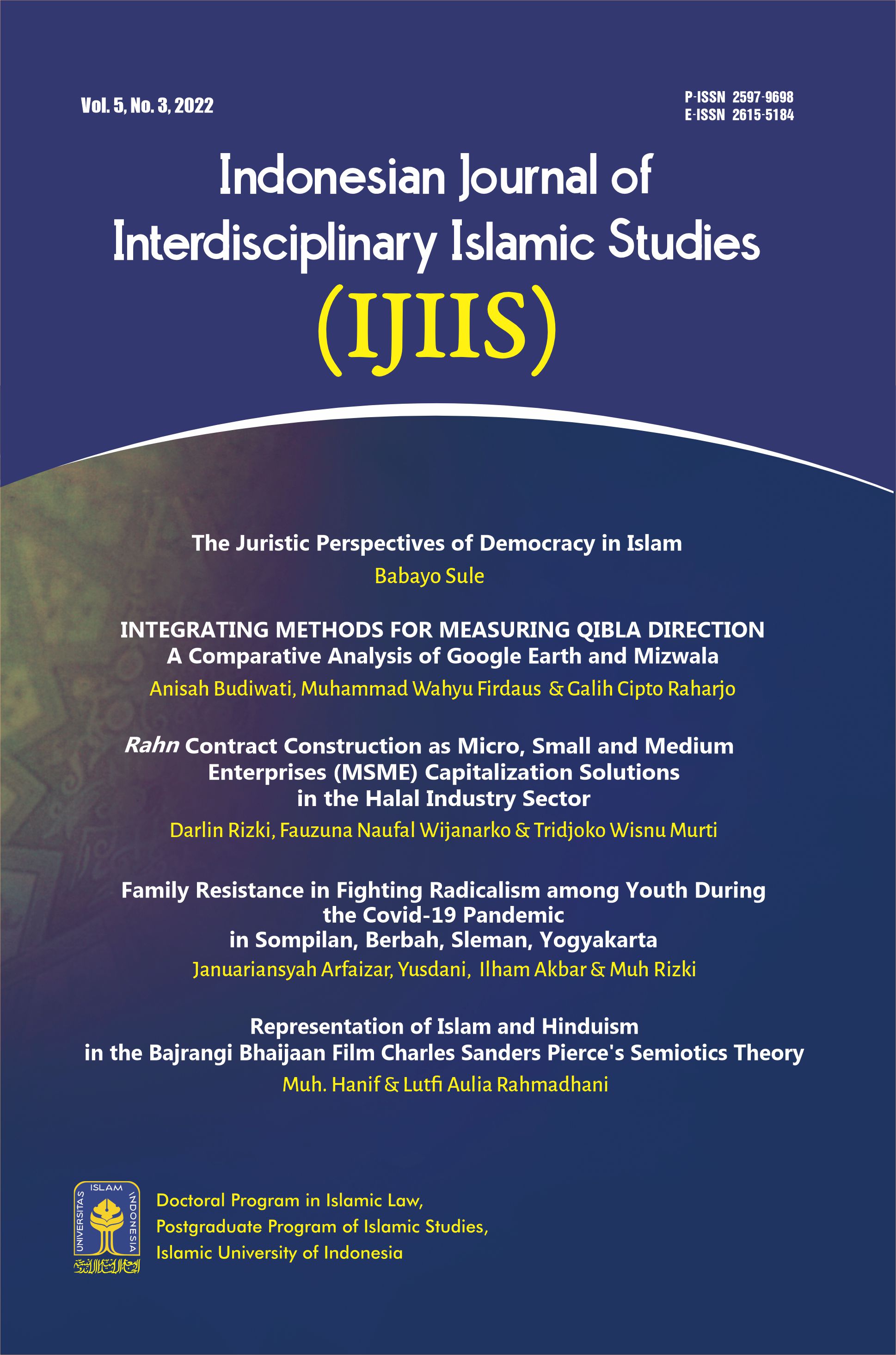Main Article Content
Abstract
One element of society that is vulnerable to the influence of radicalism is teenagers or young people known as the "youth" whose ages range from 16-19 years at the high school level in Indonesia. There are several factors that allow for the emergence of radicalism among adolescents, including mental health, economic factors, socio-political conditions and religious commitment from religious understanding. One of the places where this understanding has developed is schools, especially during this pandemic where many activities are carried out online or various information can be easily accessed via the internet. In order to counteract radicalism so that it does not influence the youth, the role of the family is critical. This study aims to investigate the role of family resilience in fighting and countering radicalism among the youth during the Covid 19 pandemic in Sompilan, Berbah, Selman, Yogyakarta. The study found that the family resilience is built through three key components which form the basis for maintaining resilient attitude, including the family belief system, organizational processes, communication and problem-solving.
Keywords
Article Details

This work is licensed under a Creative Commons Attribution-ShareAlike 4.0 International License.
